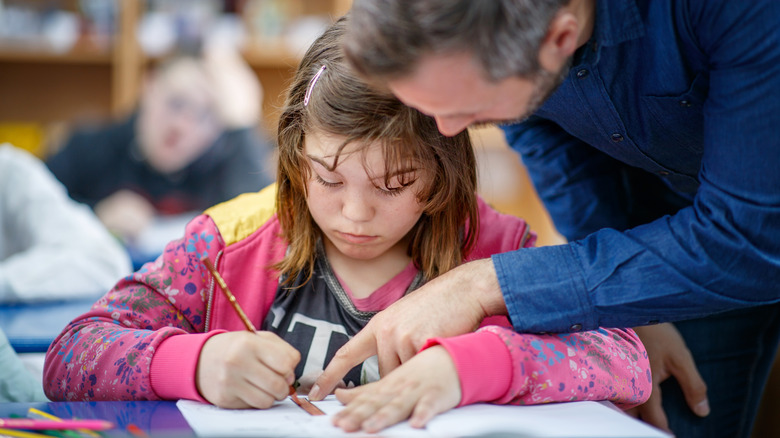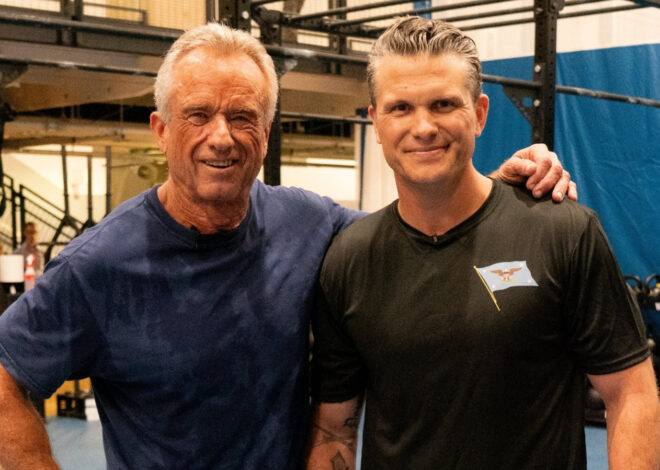
What It’s Like To Live With A Nonverbal Learning Disorder, Like Tim Walz’s Son – Health Digest
In a moment that has since gone viral, Democratic vice presidential candidate Tim Walz’s 17-year-old son Gus stood and wept happy tears at the 2024 Democratic National Convention as his dad delivered his acceptance speech. The young man then excitedly pointed, yelling “That’s my dad!” and “I love you, Dad!” before joining his family on stage. Unfortunately, the moment was later marred by conservative bullying. Political pundit Ann Coulter, in a now-deleted X post, remarked, “Talk about weird …” while podcaster Mike Crispi from New Jersey made fun of Walz’s “stupid crying son” on X adding “You raised your kid to be a puffy beta male. Congrats.” This post appears to have been deleted as well.
One big positive that has come out of the world’s introduction to Gus Walz, however, is people’s renewed interest in educating themselves about learning disabilities. Walz has nonverbal learning disorder (NVLD) in addition to diagnoses of anxiety and attention-deficit/hyperactivity disorder (ADHD), according to reporting from U.S. News & World Report.
How nonverbal learning disorder affects children
Psychology Today writes that NVLD is a neurological condition that generally first appears during childhood. People with NVLD have normal to above-normal intelligence, however, they may have certain cognitive issues such as visual-spatial problems and motor-skill deficits. They may also have a difficult time understanding body language and facial expressions. This disorder is not well understood and, as a result, is probably greatly underdiagnosed.
The Child Mind Institute explains that people like Gus Walz who have NVLD may have problems drawing a picture of what they are seeing or be physically awkward because of their inability to process visual-spatial information. They may also have problems determining the main idea or knowing what is important so they can struggle with understanding or telling a story. They may also have difficulty with notetaking in school since they aren’t able to sort out what the most important points of the lecture are. Social communication can be hard for them as well because they may miss the cues that tell them what another person is thinking or feeling. Also, they can do quite well in school when memorization is involved, but classes where pattern recognition is important, like more advanced math classes, may be a challenge. Children with NVLD can also have trouble with planning and organization so may flounder when it comes to carrying out projects. Now, thanks to Gus Walz, more people will be familiar with NVLD and can respond with empathy and understanding when they see someone experiencing these symptoms.




